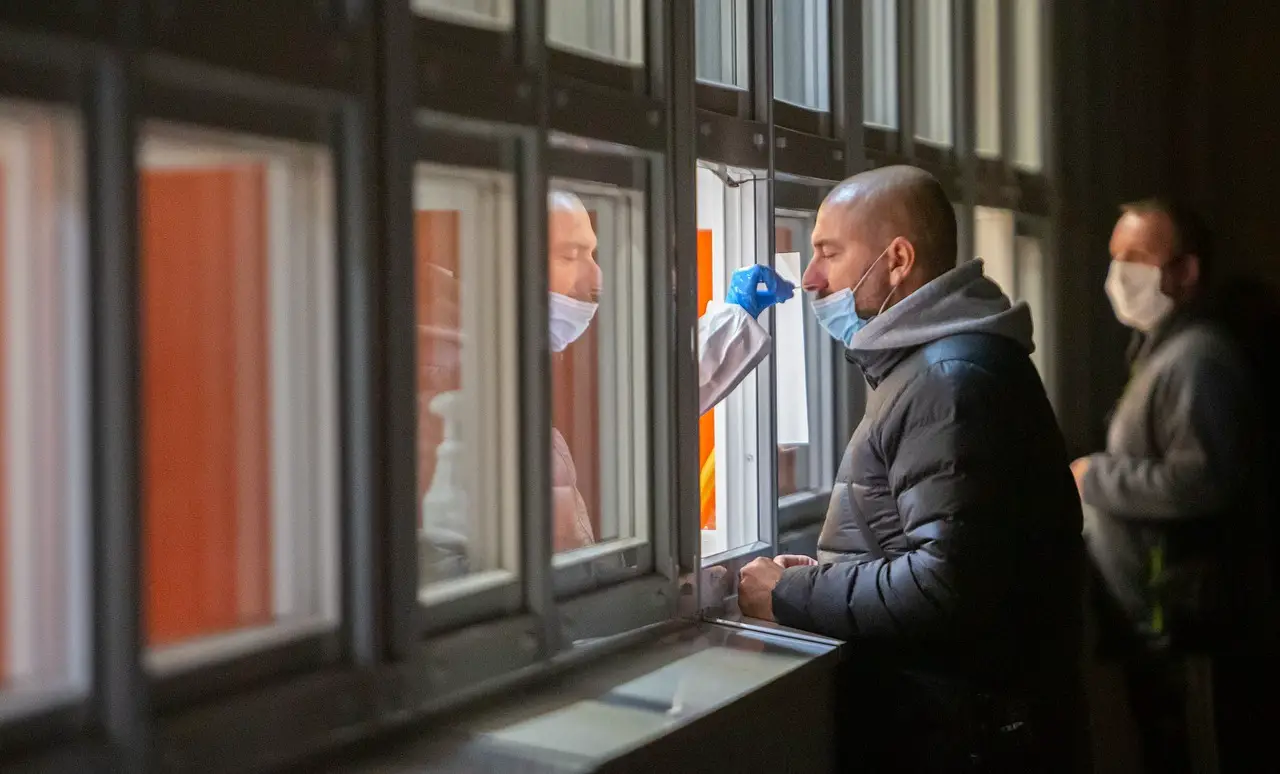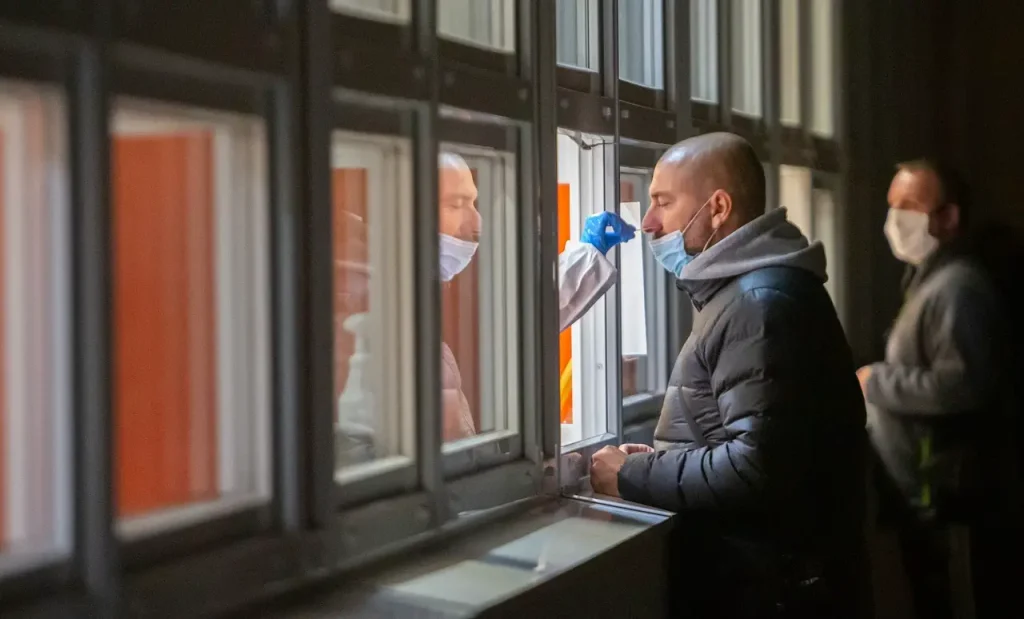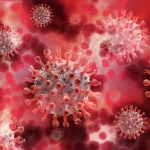
ZAGREB, November 26, 2020 – Croatian Public Health Institute director Krunoslav Capak said on Thursday that the latest restrictions imposed to contain the coronavirus outbreak would be combined with the wide use of rapid antigen tests and that this was expected to result in a fall in new coronavirus cases over the next four weeks.
“Right now our epidemiological situation is concerning. Epidemiologists have made their suggestions about individual measures and their effectiveness. The most important thing is to reduce the intensity of social contacts and keep the mobility of people as low as possible,” Capak said at the presentation of the latest package of measures.
Croatia’s incidence rate among highest in Europe
Capak said he believed the latest measures, combined with rapid antigen tests and self-isolation, would help reverse the present trend over the next four weeks and ensure that the number of new infections started falling.
“Our incidence rate is currently among the highest in Europe, above 900 cases per 100,000 people over the last 14 days. We have the 13th highest mortality rate in the European Union. The number of hospitalisations and the number of people on ventilators are also rising, and we also have a large number of deaths,” Capak said.
Asked why the number of new cases detected by rapid antigen tests was not included in daily statistics, he said that the World Health Organisation and the European Centre for Disease Control and Prevention did not recognise the antigen test but only the PCR test. He added that Slovakia had not reported the results of its massive antigen testing campaign to the WHO.
“At this point, we are not including these figures. We are tracking them separately and will release them separately,” Capak said.
No exemptions from measures
Capak said it was not possible for individual counties to be exempt from the latest restrictions because they were all colour-coded red.
“The incidence rate is so high that there is no need to consider any exemptions. In certain area the measures can only be tightened and not eased,” he said.
Asked why the government had not at the same time presented a plan for easing the measures so that people could better organise their lives and work obligations, Capak said that Croatia had opted for a strategy of monitoring the epidemic on a daily basis.
“Some countries plan in advance the steps they will take when new cases reach a certain number, but Croatia is not among them. We are monitoring the situation on a daily basis, and we will discuss the easing of the measures in due course,” Capak said.










